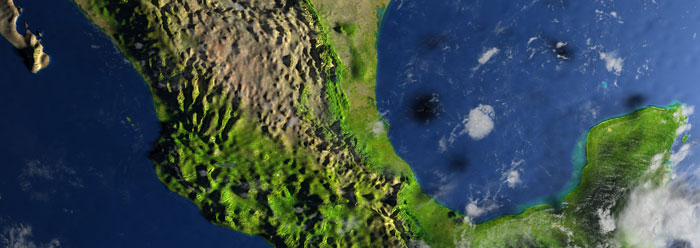Search Tools
New Defender's Study Bible Notes
5:1 Belshazzar. Belshazzar (meaning “Bel protect the king”) was long believed by skeptics to have been a non-existent mythical personage; this contention was used by critics as proof that the book of Daniel was written much later than Biblical scholars have surmised. Historians and archaeologists later proved, however, that Belshazzar did exist and was actually co-regent in Babylon at the time of the Persian conquest. Nebuchadnezzar was his “father” (Daniel 5:2) in the ancestral sense. His actual father Nabonidus, who was either a son or son-in-law of Nebuchadnezzar, was king at the time, but he was away in Arabia on an archaeological reconstruction project. The Medo-Persian army was outside of Babylon and possibly had either captured Nabonidus or at least had cut him off from returning to the city. Belshazzar, ruling in his place, and knowing of the threat to the city but feeling secure behind its great walls, had the effrontery to make a great feast and drink wine in praise to Babylon’s many nature gods.
5:4 drank wine. Belshazzar, who certainly must have heard of his grandfather’s humiliation and possible conversion to the God of Israel, used the temple vessels from “the house of God” (Daniel 5:3) in what must have been a drunken orgy. As a result of this final and greatest blasphemy of Belshazzar, God could no longer endure Babylonian insolence.
5:5 man’s hand. This was probably an angel sent from God with His message of judgment. Angels can appear as men (e.g., Genesis 19:1, 15-16), so undoubtedly can materialize as any part of a man’s body.
5:10 the queen. The queen was not Belshazzar’s wife, for all his wives and concubines were already at his feast (Daniel 5:3). Probably as his mother, or even grandmother, she remembered Daniel and his unique abilities.
5:16 have heard of thee. The king had only “heard” of Daniel, who had evidently been more or less ignored during the twenty-two years or so since the death of Nebuchadnezzar.
5:16 third. The king could not have made Daniel the “second ruler,” as Pharaoh had done for Joseph (Genesis 41:40-43), for that was his own position. His absent father, Nabonidus, was first ruler.
5:30 In that night. While the Babylonians were feasting, the Persians had entered the city through the channel of the Euphrates River, which they had diverted, and caught them completely unprepared, confident that their great walls could not be breached. This was about 539 B.C.
5:31 Darius. Darius the Mede has been identified as the general, Gobryas, who was then “made king over the realm of the Chaldeans” (Daniel 9:1) by the Persian emperor Cyrus (Daniel 10:1).









